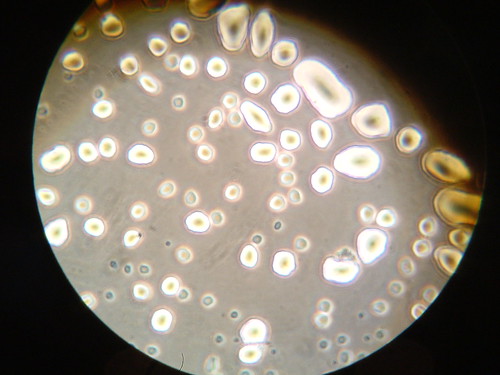
What a primary source is differs across disciplines. For example, primary sources in History, Anthropology, and Chemistry all have different qualifications.
Primary source literature in biology:
Secondary source literature in biology:
Characteristics of Biology primary sources include:

You can search for academic (peer reviewed) articles using these databases that the library subscribes to. If you need assistance using the databases or finding the resources you need, please contact your librarian.
 PubMed is a free ("open access") database by the National Library of Medicine, and it is the first place to look for the latest scholarly articles on medical research.
PubMed is a free ("open access") database by the National Library of Medicine, and it is the first place to look for the latest scholarly articles on medical research.

Google Scholar is an easy way to search for scholarly literature available online. Librarians encourage you to wear your 'Critical Thinking Hat' when using Google and Google Scholar.
Why? Because Google and Bing only index around 4% of the information on the web! Information isn't free, and 96% of the Internet is behind some sort of pay wall.
If you hit a pay wall in your online research, asking you to buy access to articles, don't do this. The Library can get you the articles at no cost, either through our database subscriptions or via Get It! (interlibrary loan).
Gaps in content exist. The library may have access to certain volumes or articles that Google Scholar does not.
It is best to go directly to the library databases when you want to find something scholarly. Or ask a librarian for help.